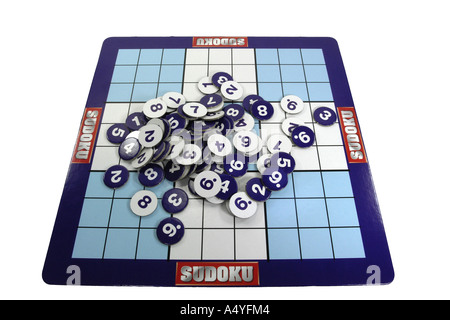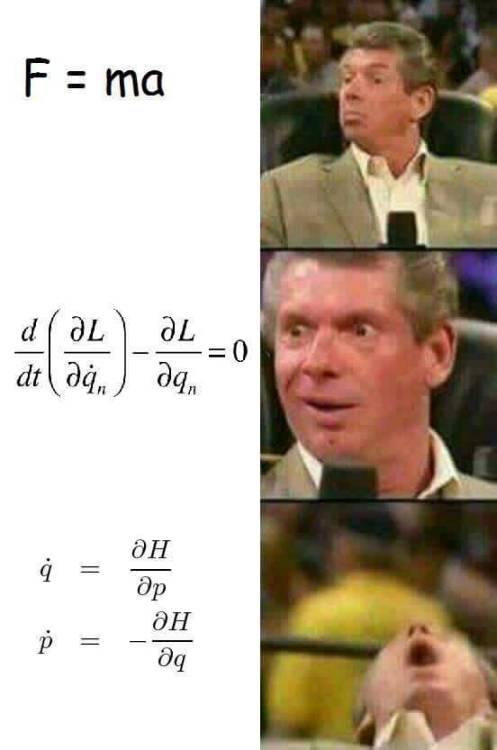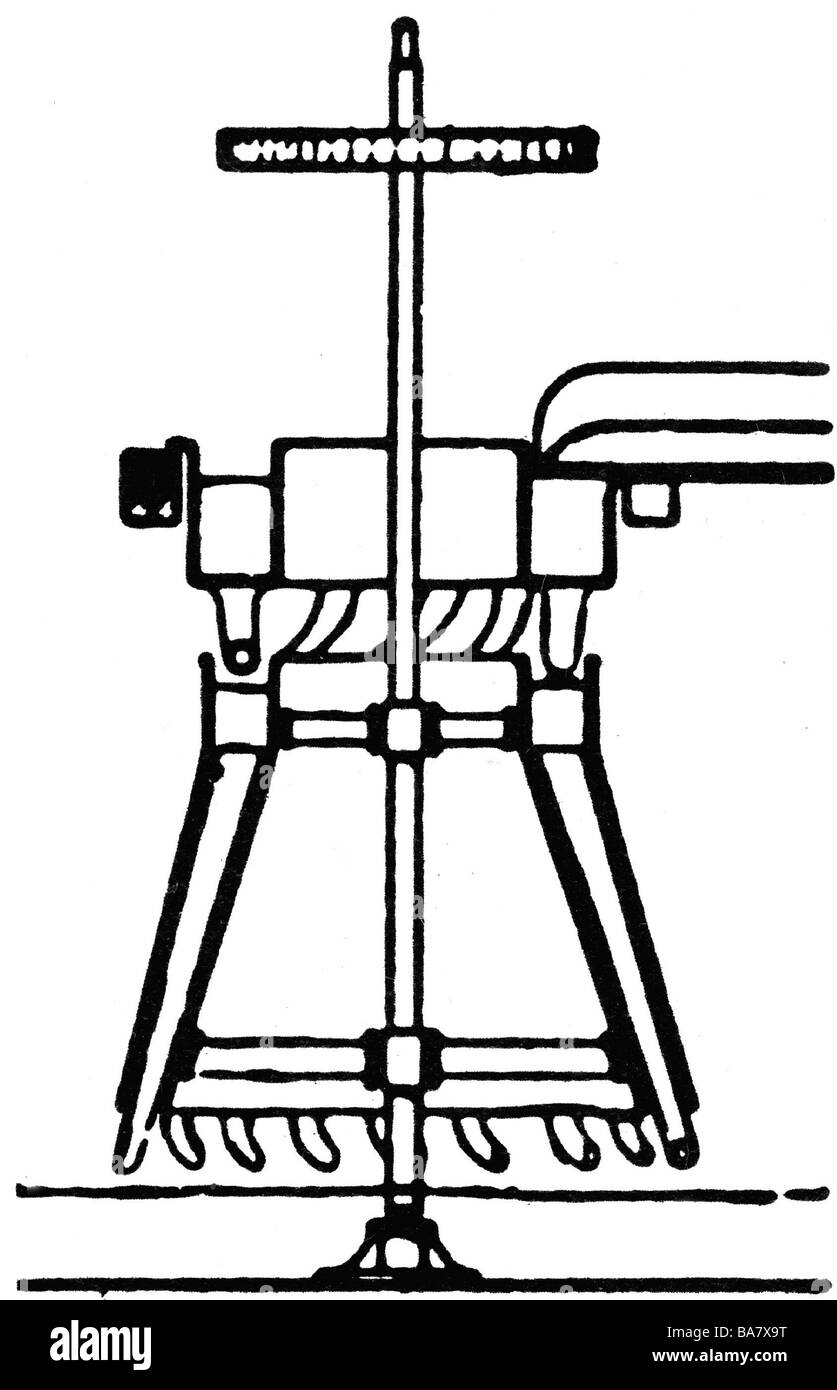

Become a master crossword solver while having tons of fun, and all for free The answers are divided into several pages to keep it clear. This clue belongs to Wall Street Journal Crossword JAnswers. Increase your vocabulary and general knowledge.

It is purely the excitement of trying to solve it. Here is the answer for: Swiss mathematician Leonhard crossword clue answers, solutions for the popular game Wall Street Journal Crossword. "It's not about whether it will make money. Kaji told the BBC in 2007 that creating a new puzzle was like "finding treasure". It broke into Europe and the United States several decades later, with Britain's BBC in 2005 writing about the puzzle that "began its gentle attack on the nation last year, and can now be found in four national newspapers". The 18th century Swiss mathematician Leonhard Eulu apparently developed the concept of a Latin square, ,where a number in a grid appears only once, across, up and down. It did not originate in Japan as many believe. Nikoli spotted a version in an American magazine in the 1980s and brought it to Japan, where Sudoku was born. Im a crossword gal since early childhood, but I enjoy sudoku occasionally. Despite its Japanese name, the original concept of Latin Squares - a grid in which every number or symbol occurs once in each row - was dreamt up in the 18th century by Euler. To complicate matters further, the grid is also sub-divided into nine blocks containing nine single squares, and each block must also contain the numbers one to nine. Thank for choosing our site for all the Crossword Explorer Oman - Level 1119 Answers. Sudoku requires a player to put the numbers one to nine in a box made up of 81 squares, so that no number is repeated in any of the nine vertical or horizontal lines. He is also said to have come up with the name Sudoku, a contraction of a Japanese phrase meaning "each number must be single". The modern version is sometimes said to have been formulated in the United States, but Kaji is credited with having popularised the puzzle. Sudoku, a sort of numerical crossword, was invented by Swiss mathematician Leonhard Euler in the 18th century. "Mr Kaji was known as the father of Sudoku and was loved by puzzle fans all around the world," the publisher said in a statement on its website. In a notice posted Monday, Nikoli said Maki Kaji died at home on August 10 after battling cancer, and a memorial service would be held at a later date. Leonhard Euler (/ l r / OY-lr, German: () 15 April 1707 18 September 1783) was a Swiss mathematician, physicist, astronomer, geographer, logician and engineer who founded the studies of graph theory and topology and made pioneering and influential discoveries in many other branches of mathematics such as analytic number theory, complex analysis, and infinitesimal calculus. It is purely the excitement of trying to solve it.- Agence France-Presse The man dubbed the "father of Sudoku" for his role in popularising the numerical brainteaser loved by millions, has died of cancer at 69, his Japanese publisher has announced.

“It’s not about whether it will make money.

Kaji told the BBC in 2007 that creating a new puzzle was like “finding treasure”. In 1984, crossword puzzles weren't the rage in Japan that they were in North America. It broke into Europe and the United States several decades later, with Britain’s BBC in 2005 writing about the puzzle that “began its gentle attack on the nation last year, and can now be found in four national newspapers”. Swiss mathematician, Leonhard Euler, stumbled on the magic square. Nikoli spotted a version in an American magazine in the 1980s and brought it to Japan, where Sudoku was born. Despite its Japanese name, the original concept of Latin Squares-a grid in which every number or symbol occurs once in each row-was dreamt up in the 18th century by Euler. To complicate matters further, the grid is also sub-divided into nine blocks containing nine single squares, and each block must also contain the numbers one to nine. This is probably due to the fact that crossword puzzles are very. Sudoku requires a player to put the numbers one to nine in a box made up of 81 squares, so that no number is repeated in any of the nine vertical or horizontal lines. In the late 1700s, a Swiss mathematician named Leonhard Euler invented a similar game. He is also said to have come up with the name Sudoku, a contraction of a Japanese phrase meaning “each number must be single”. The modern version is sometimes said to have been formulated in the United States, but Kaji is credited with having popularized the puzzle.


 0 kommentar(er)
0 kommentar(er)
